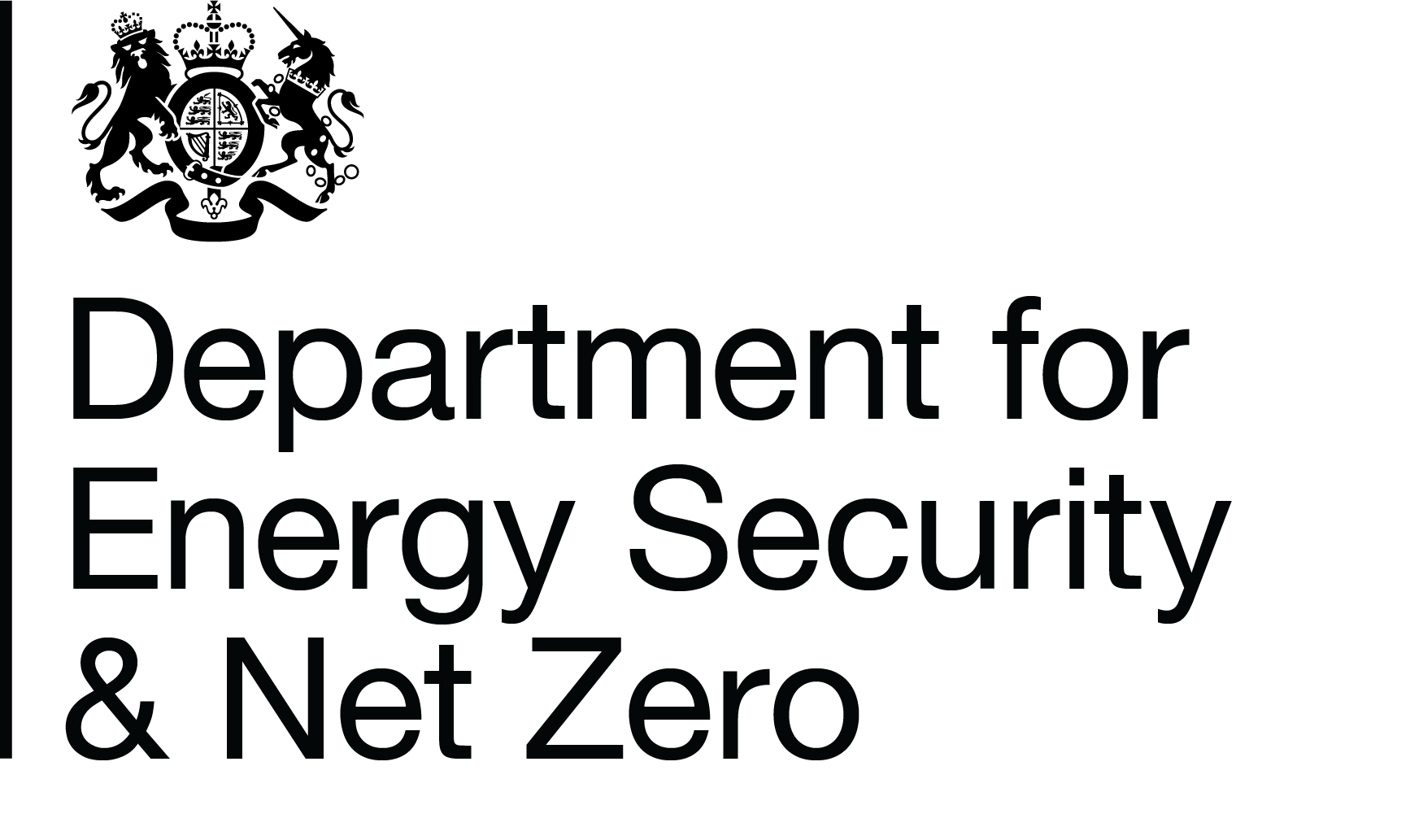Call for Evidence on introducing non-price factors into the Contracts for Difference Scheme
Overview
Government is looking at ways of amending the Contracts for Difference (CfD) scheme to address specific challenges facing the renewable energy industry, including recommendations stemming from the Offshore Wind Acceleration Taskforce report. The Department for Energy Security and Net Zero is therefore launching this Call for Evidence to consider ways in which the scheme could capture the wider value of renewable projects. This is part of our work to continue to evolve the CfD scheme, as we consider long-term market arrangements through the Review of Electricity Market Arrangements (REMA).
Industry challenges that have been identified by stakeholders include: renewable energy supply chains struggling to cope with upward pressure on costs; increased supply chain disruption; surging global demand for renewable energy; and limited manufacturing capacity for key components. While current government policy addresses some of these challenges (for instance, the Offshore Wind Manufacturing Investment Scheme), government is looking at ways in which Contracts for Difference policy could be developed to better address current issues. We are also considering some of the challenges identified in the REMA case for change and how Contracts for Difference policy can help address those issues. As part of this work, government is looking closely at what other major renewable energy markets are doing in similar policy areas.
CfDs have been hugely successful in driving down deployment costs. This downward pressure has quickly passed through to the supply chain, where low margins and a tough economic environment are making it more challenging for industry to support longer term investments, for example in skills, innovation, or wider system flexibility and operability. In the near-term, there is a risk of deployment challenges and bottlenecks arising from these global pressures.
The government is exploring on the back of the Skidmore Review and Offshore Wind Acceleration Taskforce ways of mitigating these challenges, including the introduction of non-price factors in the CfD auction allocation process. This would mean the cheapest bids would no longer automatically win a CfD, applicants would have to balance overall costs with other factors, for example sustainability, addressing skills gaps, and enabling system flexibility and operability (i.e. non-price factors). While this could encourage developers to adapt their bidding strategies in a way that strengthens their investments in a wider range of factors in support of sustainable renewable energy deployment and security of supply, it could also increase deployment costs and consequently costs for consumers. It would also add to the complexity of the CfD auction, including creating an increased risk of unintended consequences from auction design decisions. Changes therefore have to be carefully considered to understand their full impacts, and how to introduce them in a way that would best address emerging challenges and bottlenecks, whilst minimising consumer impacts.
As part of REMA, we are considering whether the system integration challenges are best addressed by modifications to the CfD, or by more transformational changes to our overall market design. This Call for Evidence seeks input on how these modifications to the CfD might be designed should government choose to take this option forward. In that case, the government would aim to consult on more detailed proposals later in the year.
We are seeking views and responses on these proposed changes from anyone with an interest in renewable energy deployment and the CfD in general.
Audiences
- Low carbon technologies
Interests
- Renewable energy

Share
Share on Twitter Share on Facebook